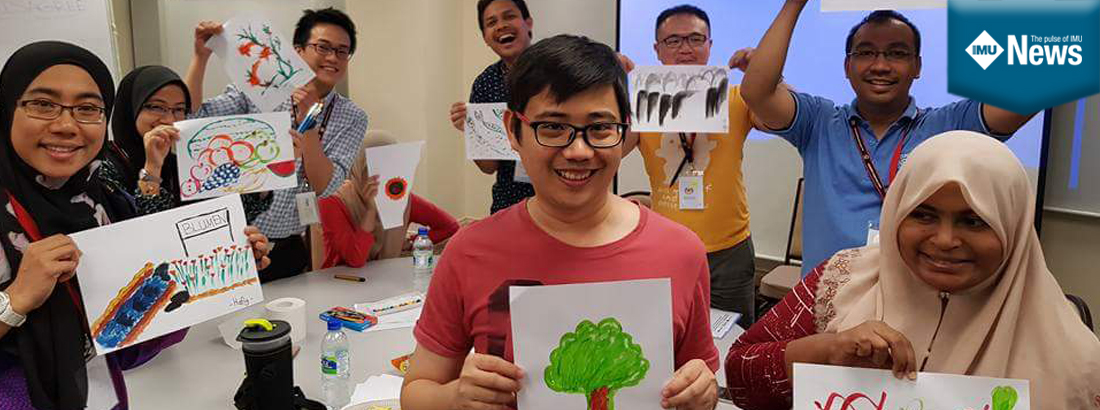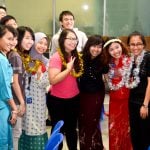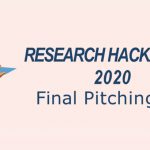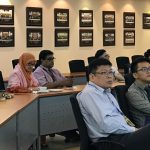Integrity is the foundation of all sciences. An important feature of fostering the culture of responsible conduct of research and upholding integrity in science is to ensure that science is not only conducted in a responsible way but also in a socially responsible manner, where science actually serves humanity.
Two researchers from the Institute for Research, Development, and Innovation (IRDI), International Medical University (IMU), Dr Mai Chun Wai, Head of the Centre for Cancer and Stem Cell Research and Lai Pei Kuan, lecturer of IRDI, attended the Malaysian Responsible Conduct of Research Workshop organised by the Higher Education Leadership Academy (AKEPT) in collaboration with Young Scientists Network – Academy of Sciences Malaysia (YSN-ASM). The workshop on 1-4 April, 2018, was held at the Higher Education Leadership Academy (AKEPT) and was conducted by employing the active learning pedagogy whereby the contents of the modules were delivered with case studies, team-based learning, peer-instruction, and role-play.
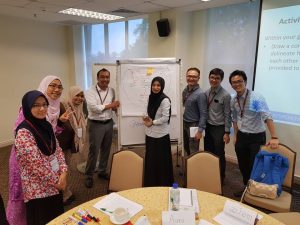
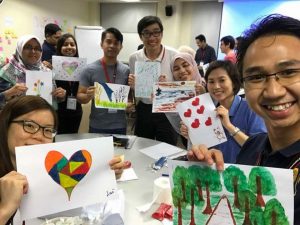
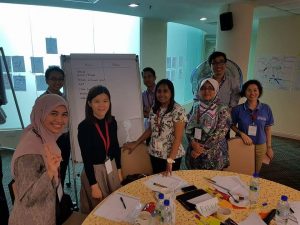 The programme for this 4-day workshop covered ten key topics concerning research, and the topics included:
The programme for this 4-day workshop covered ten key topics concerning research, and the topics included:
| Research ethics and social responsibility | Mentor and mentee |
| Research misconduct | Data management |
| Authorship and publication | Financial management |
| Conflict of interest | Peer review |
| Collaborative research | Dual-use research of concern |
The researchers had benefited tremendously from this workshop by learning about the key principles of the ten RCR topics, appreciating the values and impact of conducting research responsibly, identifying the negative consequences of research misconduct and irresponsible conduct of research, as well as gaining insights on the best practices, principles and guidelines in upholding research integrity.
Responsible conduct of research (RCR) is defined by the National Institutes of Health as “the practice of scientific investigation with integrity. It involves the awareness and application of established professional norms and ethical principles in the performance of all activities related to scientific research.”
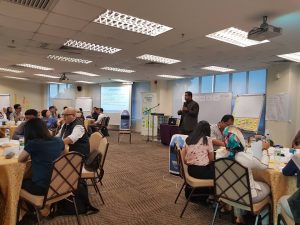 “Publish or perish”. Researchers are well acquainted with this notion plaguing the academic worlds nowadays. Pressures have been placed upon the researchers, especially from the academics, to publish papers in high-impact and peer-reviewed journals to remain relevant within the academic community as well as to climb the career ladder, and securing research funding for their institutions. It is a requirement for the researchers who are working within this publish-or-perish system to either publish their work regularly, or suffer the consequences, including lack of promotion, not granted tenure, not valued by the institution, or even redundancy. Besides that, their achievements are also based on the amount of research grants secured, supervision of postgraduate candidates, as well as collaboration with other researchers.
“Publish or perish”. Researchers are well acquainted with this notion plaguing the academic worlds nowadays. Pressures have been placed upon the researchers, especially from the academics, to publish papers in high-impact and peer-reviewed journals to remain relevant within the academic community as well as to climb the career ladder, and securing research funding for their institutions. It is a requirement for the researchers who are working within this publish-or-perish system to either publish their work regularly, or suffer the consequences, including lack of promotion, not granted tenure, not valued by the institution, or even redundancy. Besides that, their achievements are also based on the amount of research grants secured, supervision of postgraduate candidates, as well as collaboration with other researchers.
More often than not, researchers will find themselves unknowingly involved in a dilemma due to the urgency to fulfil their yearly target achievements, particularly their Key Performance Indicator (KPI). The researchers might have indulged in activities that render them to violate ethical principles or ruin their personal integrity as a researcher, be it knowingly or unknowingly. Lately, a few cases of misconduct have been reported amongst the Malaysian researchers, which involved plagiarism, fabrication or falsification of scientific data, statistical manipulations, and misuse of research grants for personal use.
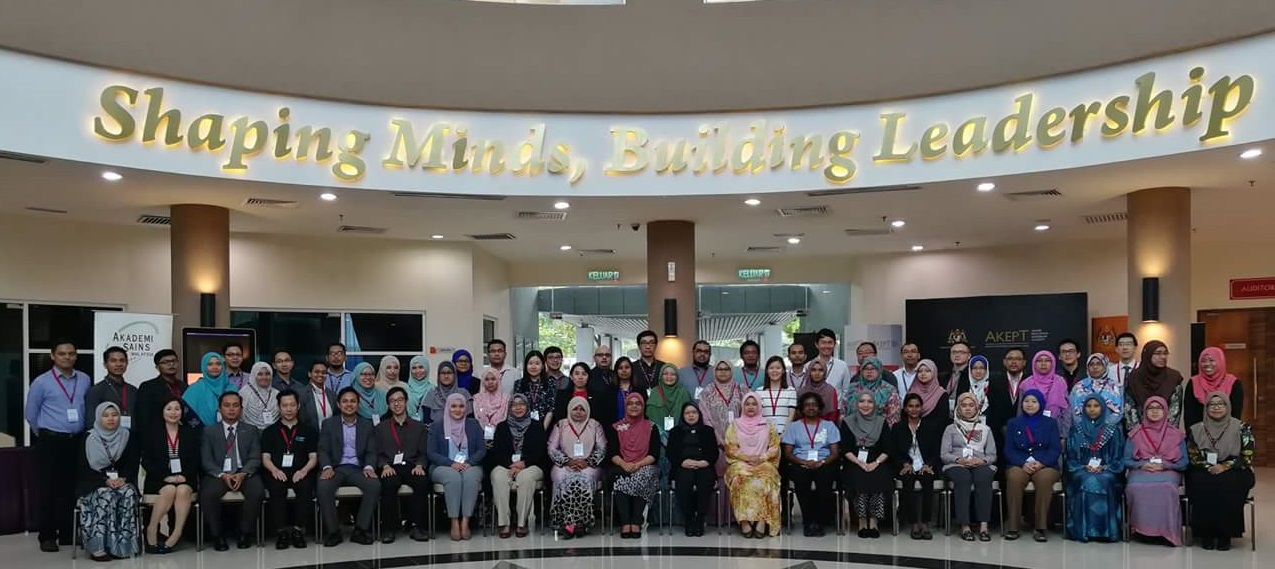
All these research misconducts will bring about negative impacts that jeopardise the research ecosystem. Also, with the evolution of scientific progress, the need for ethical and responsible RCR for ensuring credible, sound, and robust scientific practices arises. In lieu with this, the Young Scientists Network – Academy of Sciences Malaysia (YSN-ASM) established the YSN-ASM RCR Programme in 2015 to promote a culture of research integrity amongst all researchers in Malaysia. The primary aim of this programme is to build a research ecosystem in Malaysia that emphasises on integrity and responsibility. As part of this programme, YSN-ASM has led a commendable effort in designing and developing the Malaysian Education Module on Responsible Conduct of Research, which was the first RCR reference module in Malaysia to guide Malaysian researchers in the applications of ethical principles while conducting scientific research.




